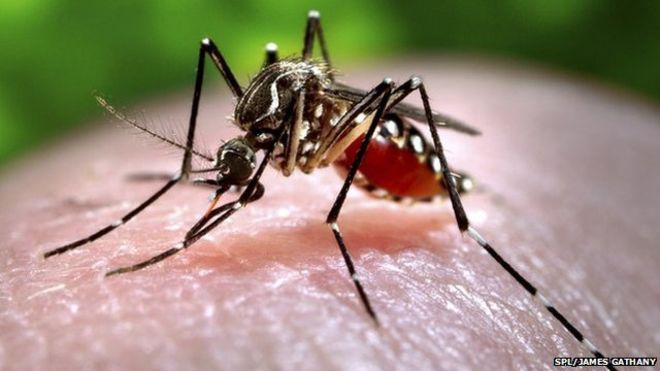
The likelihood of mosquito bites could be down to genes that control our body odour, a preliminary study suggests. Researchers tested pairs of identical and non-identical twins to see how attractive they were to mosquitoes.
The study was carried out by researchers from the London School of Hygiene and Tropical Medicine, the University of Florida, the University of Nottingham and Rothamsted Research. It was funded by the Sir Halley Stewart Trust.
The study was published in the peer-reviewed medical journal PLOS One, which is an open-access journal, meaning the study can be read for free online.

BYPASS THE CENSORS
Sign up to get unfiltered news delivered straight to your inbox.
You can unsubscribe any time. By subscribing you agree to our Terms of Use
The study found identical twins were more likely to have similar levels of attractiveness – suggesting shared genetic factors were at play.

Identical and non-identical twins took part in the study
Researchers have long tried to understand what drives mosquitoes to bite certain people more than others. Recent work shows the insects may be lured to their victims by body odour. And anecdotal reports suggest some relatives are just as likely to be bitten as each other. Scientists from the UK and US wanted to find out whether genes were behind this phenomenon. To test their theory they enlisted 19 non-identical and 18 identical pairs of twins in a pilot study.
In a series of experiments each twin placed one hand at an end of a Y-shaped wind tunnel as air was pumped through, carrying odour with it. Swarms of mosquitoes were then released and moved towards or away from each twin’s hand.
For identical twins – who share much of their genetic material – there was an even distribution of mosquitoes in both sections. This suggests the insects did not prefer the odour of one hand more than the other.
In contrast, results for the non identical twins – who share fewer genes – were more varied.
The results showed identical twins were likely to have about the same level of attractiveness to mosquitoes, while non-identical twins’ results differed more. This strongly suggests there is a genetic component, in the same way there is for height and IQ.
This could explain why one half of a couple is plagued by mosquitoes on holiday, while the other will be blissfully free of any bites. The research could eventually help scientists develop better insect repellents. Researchers say their works suggests attractiveness to mosquitoes could be caused by inherited body odour genes.
The “intriguing” results must now be assessed in larger trials, experts say. The next step is to uncover which specific genes may be involved. Further research is now under way.
Are you always the one who is bitten or is it your sibling or partner?

